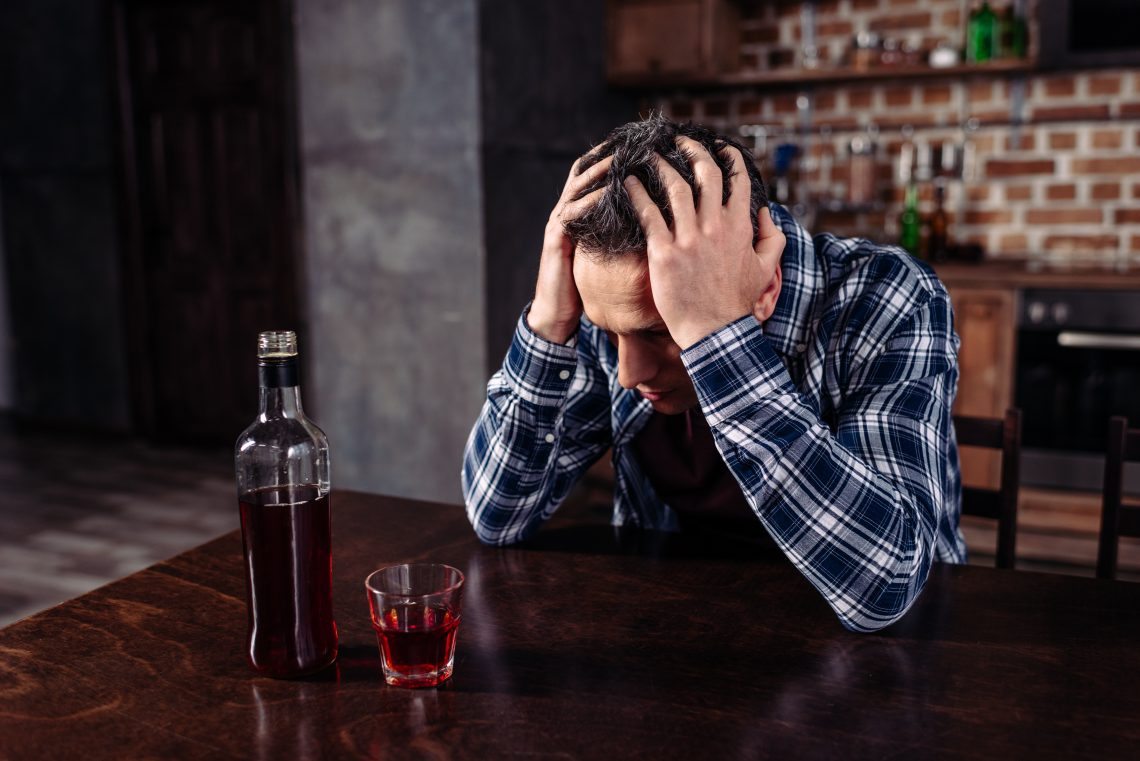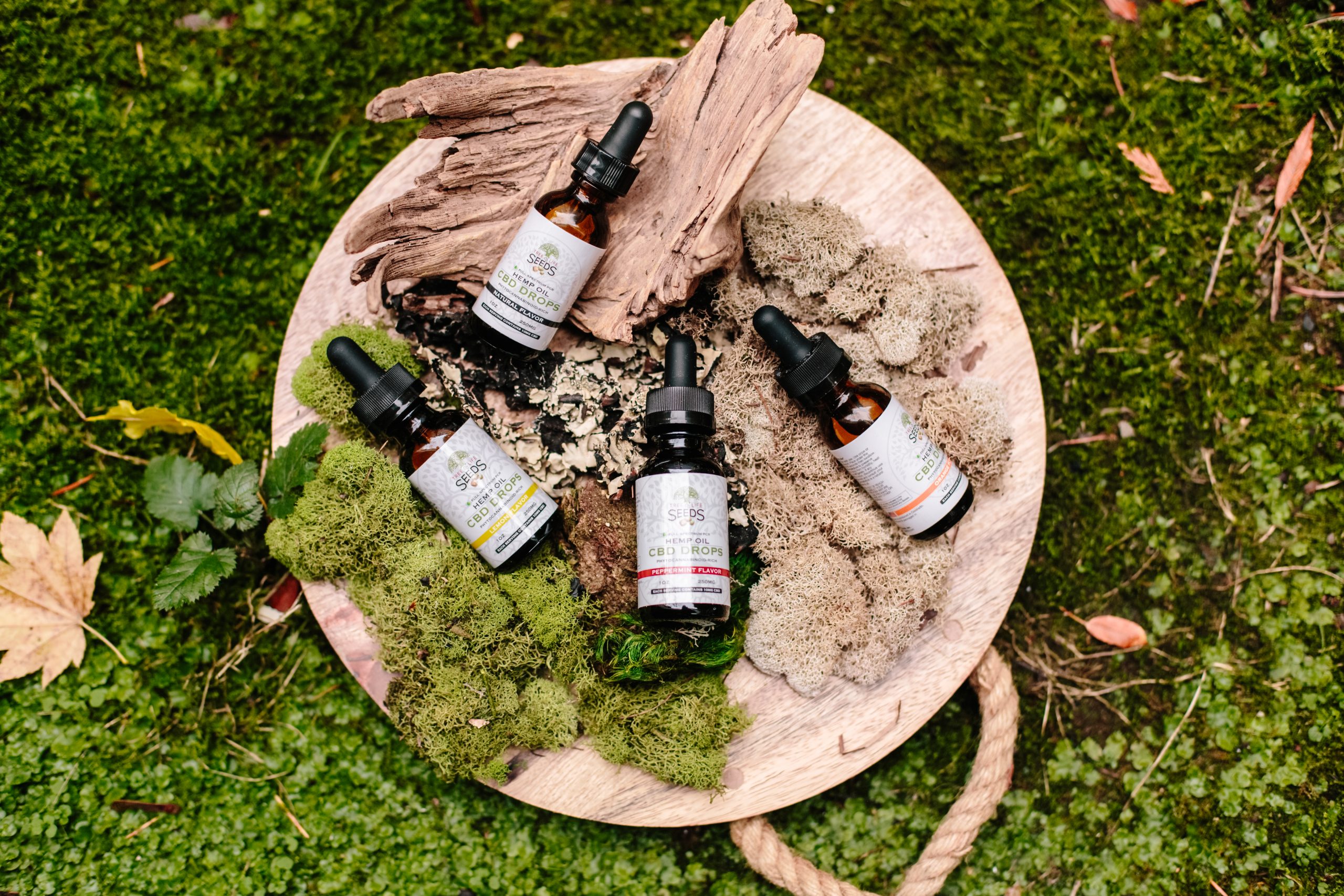Today we want to share 5 tips to help you overcome addiction triggers and cravings. People often assume that the hardest part of recovery must be detoxing from drugs or alcohol. In reality, it’s all too common for people to complete medical detox and an inpatient rehabilitation program only to find themselves overcome by cravings and addiction triggers when they return to their normal lives. Thankfully, while addiction is a chronic disease that cannot be cured, there are ways to control cravings and prevent setbacks. This article will focus on five of the top tips for preventing relapse.
1. Learn to Recognize Triggers
A large part of addiction treatment in Costa Mesa focuses on helping people identify their addiction triggers. Unfortunately, they’re not always as obvious as people think. While exposure to drug or alcohol use often acts as a trigger for relapse, so does stress, depression, or even locations where people used to use substances. Learning how to recognize less obvious triggers makes it easier to offset any difficulties associated with managing cravings.
2. Start Planning Ahead
Some relapse triggers are easy to avoid. Think of taking a different route home from work instead of passing by a bar or a place where someone used to use drugs for example. Others are more difficult to deal with.
People who experience cravings in response to stress won’t be able to permanently remove all of the stressors in their lives, and there are social functions that involve alcohol such as weddings that can’t be politely avoided. Knowing that these situations will come up gives people a chance to plan how they will respond, whether it’s by ordering mocktails at the open bar at a wedding or developing new coping mechanisms for stress with the help of a therapist.
3. Accept That Cravings Happen
Photo by on Pexels
Trying to fight intense cravings is exhausting. Instead, try to accept that these urges to use happen and remember that they won’t last forever and don’t have to lead to relapse. In most cases, cravings last just 10 to 15 minutes. There’s nothing wrong with having to take a few moments to focus on getting through them or needing to remove themselves from triggering situations.
4. Use Rational Thinking
Urges to use are often accompanied by compulsive, intrusive, and unproductive thoughts. Stop to examine them immediately, and it will become clear that justifications for using substances are part of the addiction, not rational reasons to give up. Instead, acknowledge them for what they are then try to think rationally about the potential consequences of giving in, such as feelings of disappointment and anxiety, lost money and time, and being set back on the path toward recovery.
5. Try Healthy Distractions
Healthy distractions help people overcome cravings by essentially waiting them out. Come up with a list of potentially helpful distractions, then go through it when cravings arise and commit to using one of them for at least 10 to 15 minutes. Appropriate activities can include anything from going for a brisk walk to calling a friend, listening to music, practicing mindfulness meditation, and more.
Don’t Be Afraid to Ask For Help
The early stages of substance abuse recovery can feel overwhelming, but there are plenty of ways to cope with cravings and addiction triggers. The most important thing to remember is that it’s always OK to ask for help. If the tips above aren’t enough, contact an addiction treatment specialist to discuss other options.
Read more fashion articles at ClichéMag.com
Images provided by Deposit Photos, BingAI, Adobe Stock, Unsplash, Pexels, Pixabay & Creative Commons





